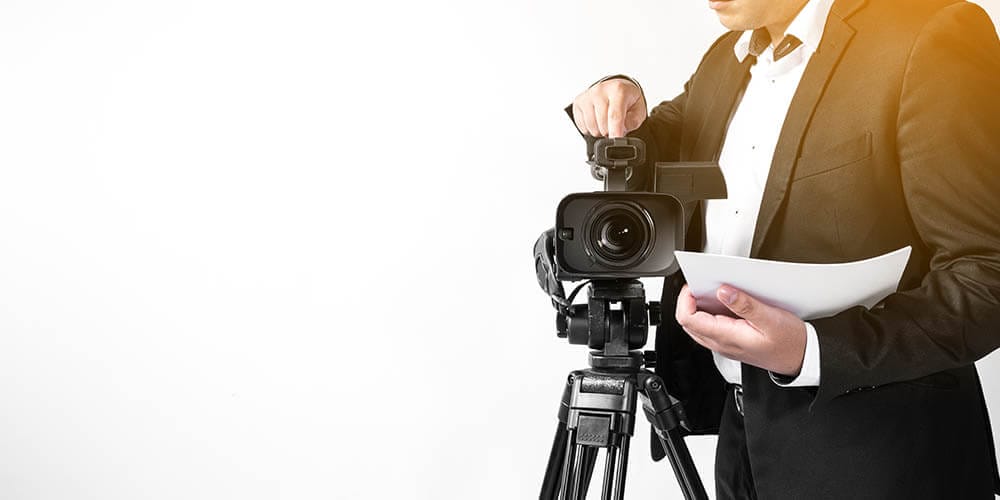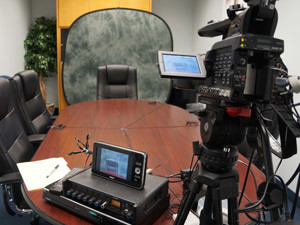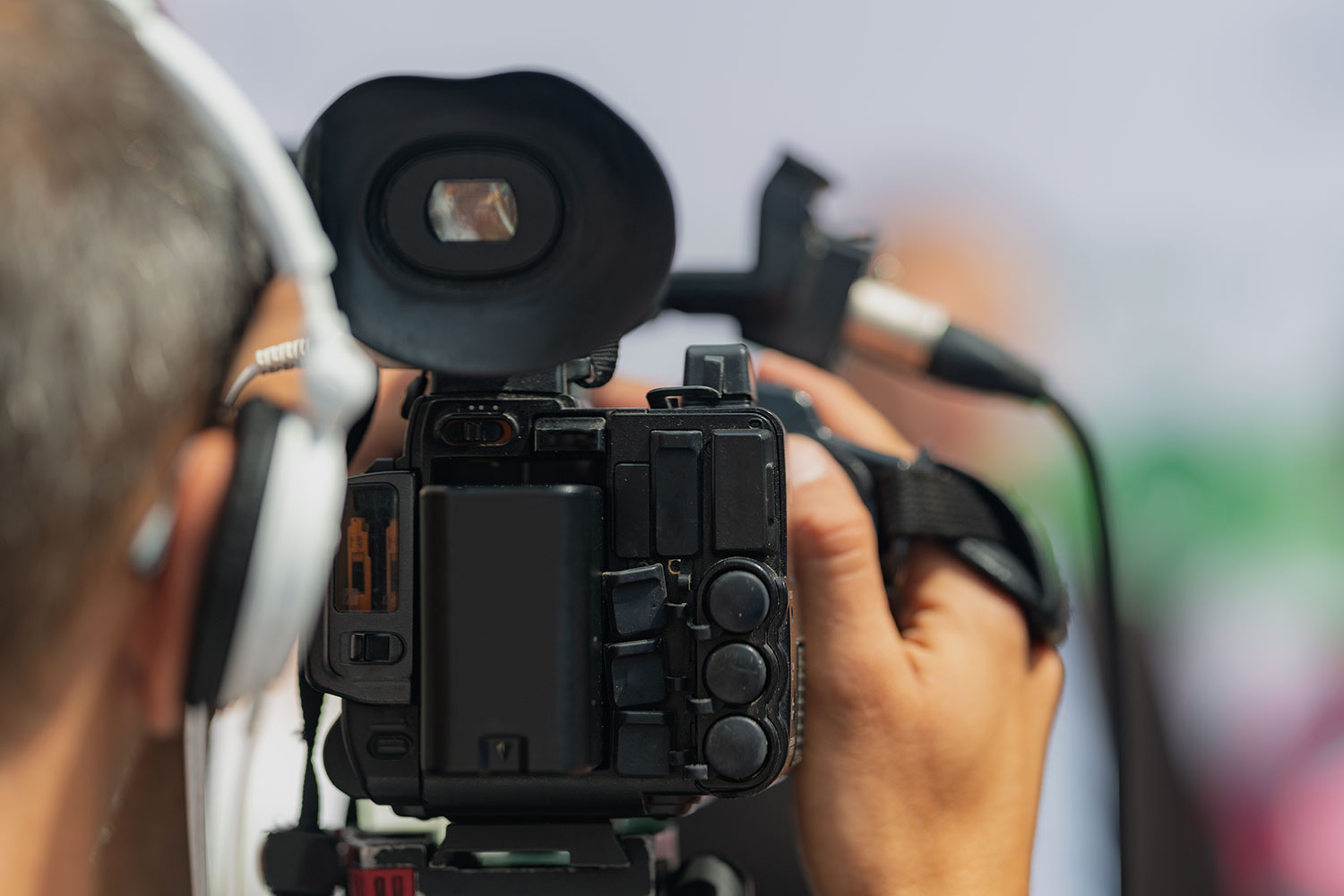Specialized Legal Videography for Attorneys.
Specialized Legal Videography for Attorneys.
Blog Article
The Function of Lawful Videography in Depositions and Tests
Lawful videography has actually emerged as an important tool in both depositions and tests, giving a complex technique to documenting witness testimonies. As lawful specialists progressively acknowledge its value, it motivates a much deeper evaluation of how these aesthetic documents can influence juror perceptions and test results.
Significance of Lawful Videography
Lawful videography plays a critical role in the documents and discussion of depositions and trials. This customized field combines technological skills with lawful understanding to create a trusted document of proceedings that can significantly affect case end results. The visual aspect of lawful videography enhances the understanding of witness statement, allowing jurors and courts to observe not only the talked words but additionally the behavior, emotions, and body movement of the witnesses.

The value of legal videography extends past the courtroom; it also plays an essential function in preserving proof for future recommendation, whether for appeals or more legal action. Thus, its integration right into the legal procedure is vital for guaranteeing a reasonable and precise depiction of the truths, ultimately adding to the pursuit of justice.

Process of Legal Videography
While capturing the nuances of depositions and tests, the procedure of lawful videography involves several important actions that ensure top quality, precise recordings. A specialist legal videographer prepares by reviewing the case materials and understanding the particular demands of the deposition or trial. This preparation includes familiarizing themselves with the participants and the context, which aids in capturing relevant details.
On the day of the recording, the videographer establishes the required equipment, which generally includes high-definition cameras, microphones, and proper lighting. Ensuring optimum angles and audio high quality is vital, as it straight affects the effectiveness of the recording. The videographer communicates with attorneys and individuals to develop procedures, guaranteeing that everyone recognizes the recording procedure.
During the deposition or trial, the videographer meticulously videotapes the procedures, paying very close attention to both verbal and non-verbal signs. legal videography. This consists of capturing the disposition and responses of witnesses and lawyers. After the session concludes, the videographer might modify the footage for quality and conformity with legal criteria, creating a final item that precisely reflects the process for future recommendation and use in lawful contexts
Benefits in Depositions
The unification of videography in depositions provides numerous benefits that enhance the total process of collecting evidence. One primary advantage is the ability to record witness testimonies with aesthetic and auditory integrity, offering an extra precise depiction of the witness's behavior, tone, and body language. This multidimensional technique allows attorneys and courts to assess reliability much more properly than conventional written transcripts alone.
Furthermore, videographed depositions offer as an effective device for protecting statement. Ought to a witness ended up being inaccessible for trial, their videotaped deposition can be played in address court, ensuring that their evidence remains easily accessible and pertinent. This facet significantly minimizes the threat of losing vital information that can affect instance outcomes.
Additionally, the usage of lawful videography advertises better preparation for lawyers. Assessing video clip footage allows legal teams to examine and improve their strategies, identifying staminas and weaknesses in their situations. This primary benefit can bring about even more engaging discussions in court.
Lastly, videography enhances the overall professionalism and trust of the deposition procedure, instilling self-confidence in customers pertaining to the thoroughness of their lawful depiction. By leveraging modern technology, attorneys can dramatically boost the performance of depositions.
Effect On Tests
In several tests, the combination of videography can substantially affect the presentation of evidence and the jury's perception. Lawful videography records witness statements and important proof in a dynamic format, allowing jurors to involve with the product on several levels. This visual part boosts the storytelling aspect of a test, giving context and psychological resonance that traditional text-based proof might lack.
Moreover, video clip recordings can function as powerful tools for impeachment throughout cross-examination. When discrepancies arise in between a witness's prior statements and their court room statement, video proof offers an objective referral that can persuade jurors' opinions. This immediacy and quality can reinforce the reliability of an event's story while at the same time undermining opposing disagreements.
Additionally, the usage of videography can assist streamline complicated information, making it extra available to jurors that may battle to comprehend intricate information presented exclusively through spoken testimony. By integrating visuals with acoustic info, lawful videography can enhance retention and understanding, eventually influencing the jury's decision-making procedure. For that reason, the influence of videography in trials prolongs past mere visual appeals; it plays a critical role in forming the lawful landscape and outcomes.
Future Trends in Legal Videography
As we look toward the future of legal videography, a number of arising trends promise to reshape its duty within the court room. One significant pattern is the combination of expert system (AI) in video analysis and editing and enhancing - legal videography. AI can simplify the process of identifying crucial minutes in taped depositions, permitting lawyers to quickly access relevant material, consequently boosting performance in instance prep work
Additionally, the rise of virtual reality (VR) and enhanced truth (AR) innovations is expected to transform exactly how jurors experience evidence. By immersing jurors why not find out more in a simulated environment, these innovations can offer a much more profound understanding of complex scenarios, bring about even more educated deliberations.

In see it here addition, the raising need for remote depositions, sped up by the COVID-19 pandemic, will likely continue. Legal videographers will certainly require to adjust to new software and platforms to make certain high-grade recordings in digital setups.
Finally, the growing focus on data safety and security will demand stricter protocols for saving and sharing video clip evidence. As the lawful landscape progresses, legal videographers must remain abreast of these patterns to maintain their importance and efficiency in the judicial process.

Conclusion
In summary, lawful videography offers a critical function in the judicial process, enhancing the stability of depositions and tests. As modern technology proceeds to advance, legal videography is poised to further transform its function within the legal landscape.
Report this page